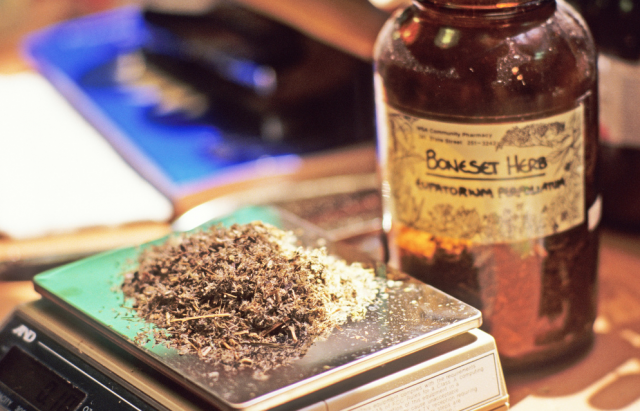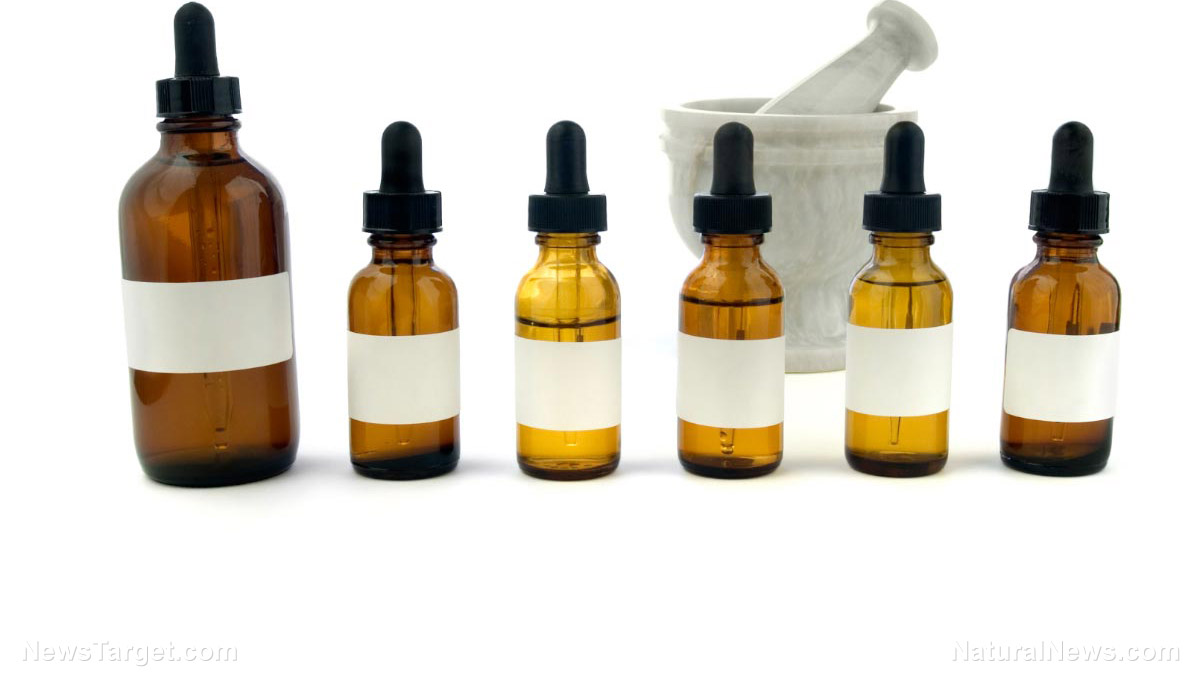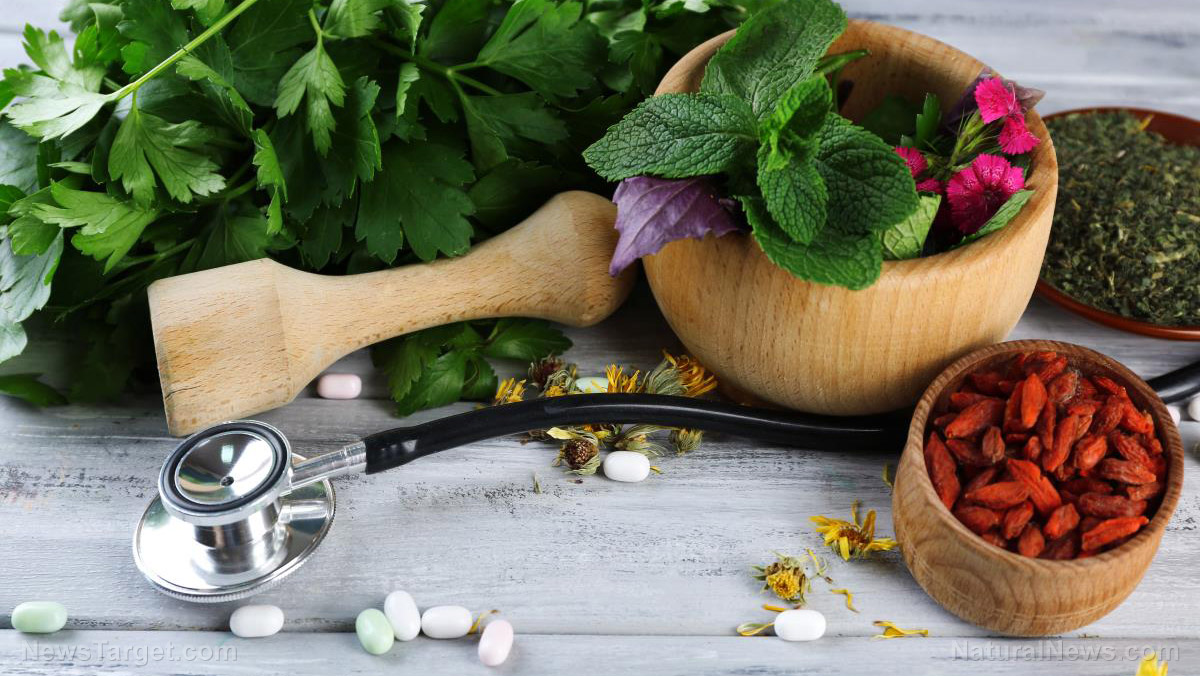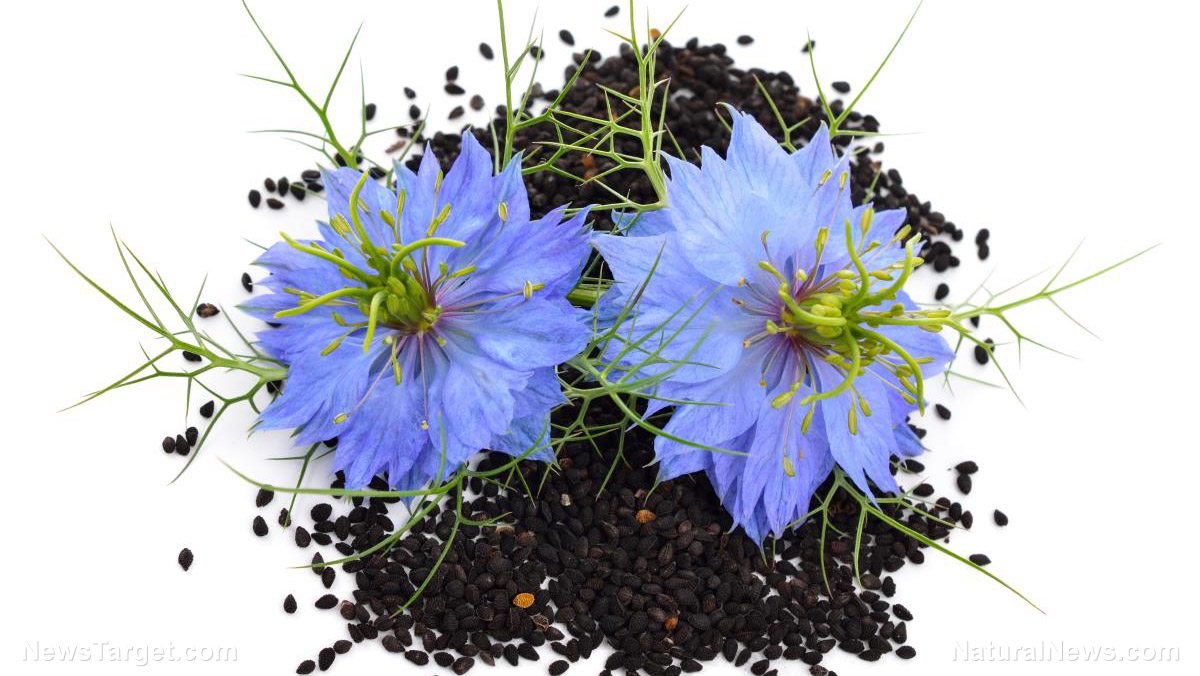The next time you feel like you’re about to come down with the flu, reach for your favorite probiotic. As per a recent study, published in Synthetic and Systems Biotechnology, probiotics are “safe and effective” at combating the symptoms of respiratory infections and the common cold. The results of the study have suggested that this is most likely due to probiotics enhancing the immune system.
To arrive at this conclusion, a multi-institutional team of Chinese researchers first recruited 136 volunteers from the Beijing Chaoyang Hospital. The participants were selected on the basis of having had an influenza-like respiratory illness or the common cold at least four times in the past calendar year.
The study, a “randomized, double-blind, placebo-controlled, prospective trial,” lasted for 12 weeks, during which the participants were divided into two groups. Each group was given either a 150 milliliter (mL) placebo or 150 mL probiotic drink to be taken after lunch every day. Daily questionnaires were administered to ensure subject compliance and to monitor the participants’ health. Additionally, blood and fecal samples were collected prior to and after the 12-week experiment.
The probiotics used in the study were supplied by Danish bioscience company, Chr. Hansen. Both drinks contained the starter strains Lactobacillus bulgaricus and Streptococcus thermophiles. The probiotic beverage also included Lactobacillus paracasei and Chr. Hansen-brand probiotic strains Lactobacillus fermentum PCC and Lactobacillus casei 431.
Around 14 participants had developed an influenza-like illness by the conclusion of the study. This condition was defined as having a body temperature of above 38 degrees Celsius (100 degrees Fahrenheit) and any of the symptoms associated with upper respiratory tract infection, like nasal congestion and muscle pain. Of the 14 participants, 11 were from the placebo group while the remaining three were from the probiotics group. (Related: Why You Still Got Sick Despite Thinking You Ate Healthy.)
As per the researchers, this effect can be explained by the influence of probiotics on the blood and gut. “The findings of our study indicate that the combination of probiotics could reduce the incidence of the upper respiratory infection, which is possible by increasing the level of [interferon gamma] in the blood and [secretory immunoglobulin A] in the gut,” they wrote.
Both interferon gamma and secretory immunoglobulin A play roles in our immunity. Interferon gamma “activates the bactericidal activities of macrophages, induces B cells to make opsonizing and complement-fixing antibodies, and leads to cell-mediated immunity,” explained the researchers.
As per FoodsMatter.com, secretory immunoglobulin A is the primary immunoglobulin in our body’s mucus. It works by clinging to harmful substances, like bacteria and carcinogens, and ensnaring them in mucus. Secretory immunoglobulin A then neutralizes the detrimental toxins emitted by these substances before expelling them from the body via fecal matter.
While the results of the study have been nothing short of encouraging, the researchers have admitted that further investigation would be necessary. Specifically, more in vivo analyses to determine whether or not “probiotic-mediated immune stimulation” can truly increase one’s resilience to disease and infection.
Probiotic foods and drinks to add to your diet
Consume more beneficial bacteria through these food items:
- Yogurt: Not every yogurt is created equal. Some lack the essential live bacteria that make yogurt one of the best probiotics available. For this reason, always pick yogurt with live or active cultures.
- Kefir: Compared to yogurt, this fermented milk drink is a far better source of probiotics. According to Healthline.com, kefir is jam-packed with multiple strains of good bacteria and yeast.
- Miso: A staple of Japanese cuisine, miso is traditional seasoning made from fermented soybeans and most commonly eaten as miso soup. Miso comes in many varieties, so you can take your pick of this salty food paste.
- Kimchi: This spicy Korean side dish is made from salted and fermented vegetables, making it a good source of probiotics for those who enjoy a touch of heat.
Visit HealingArts.news to read up on more wholesome remedies for all kinds of afflictions.
Sources include:
NutraIngredients-USA.com
ScienceDirect.com
FoodsMatter.com
Healthline.com





















